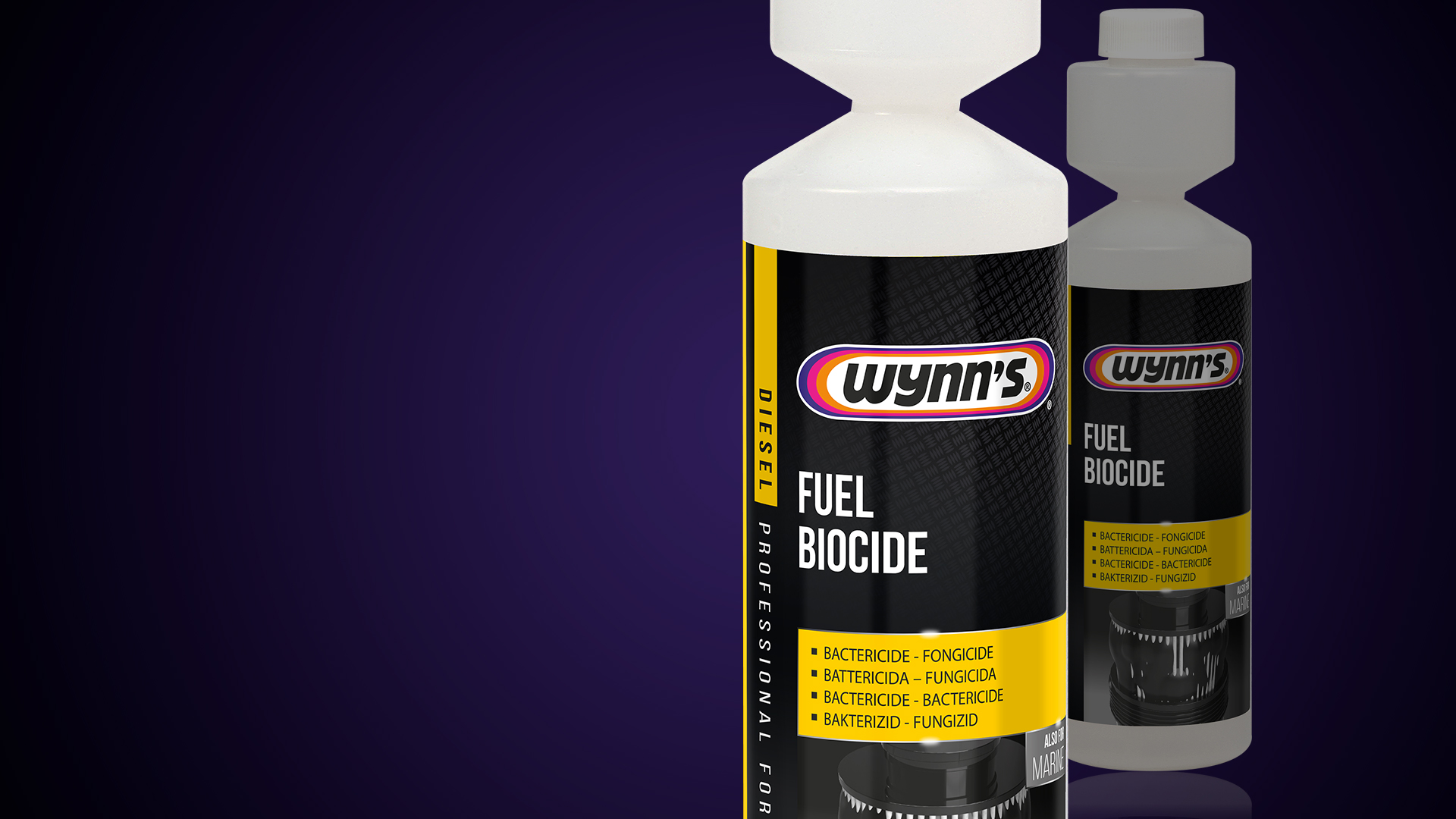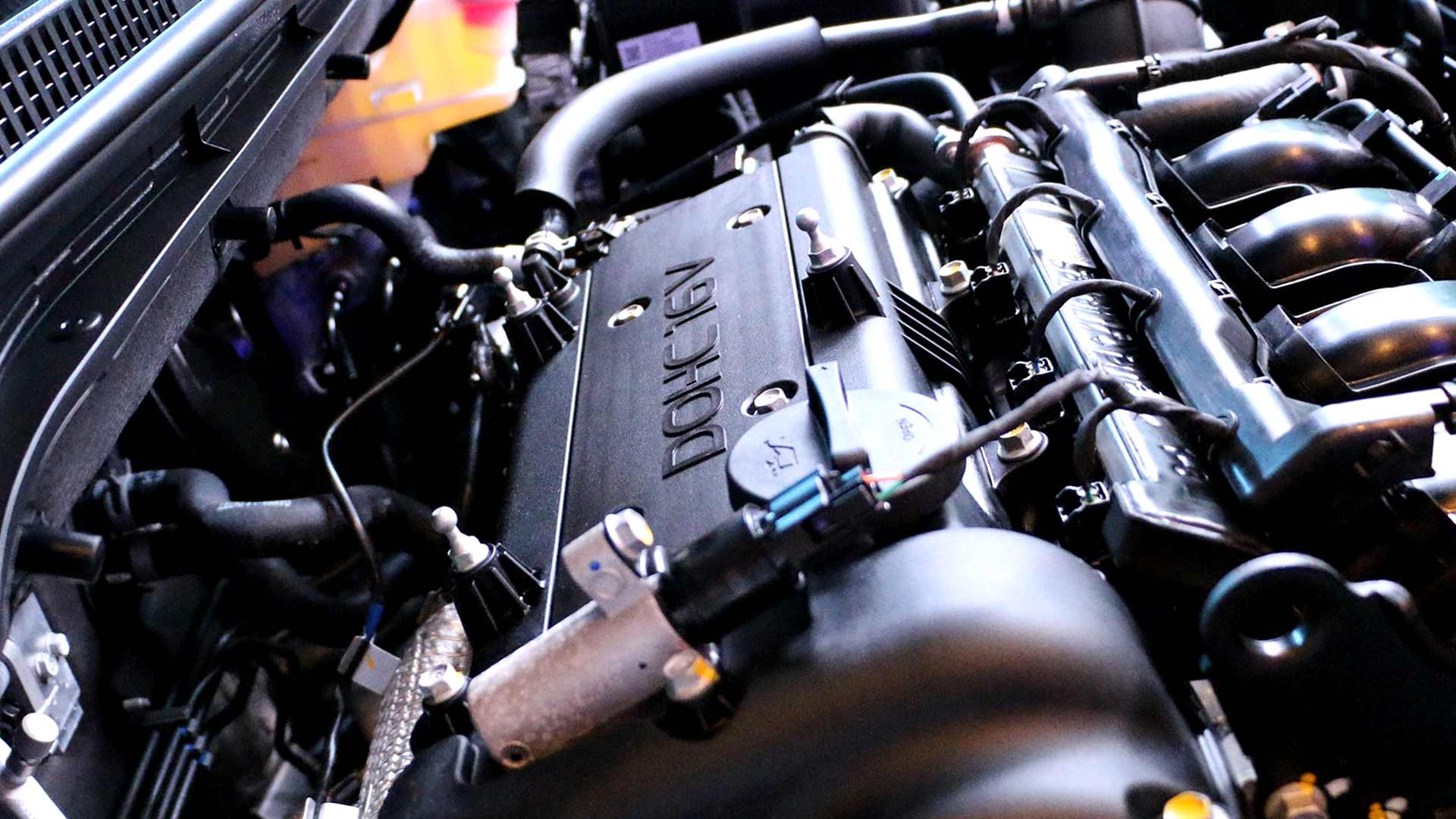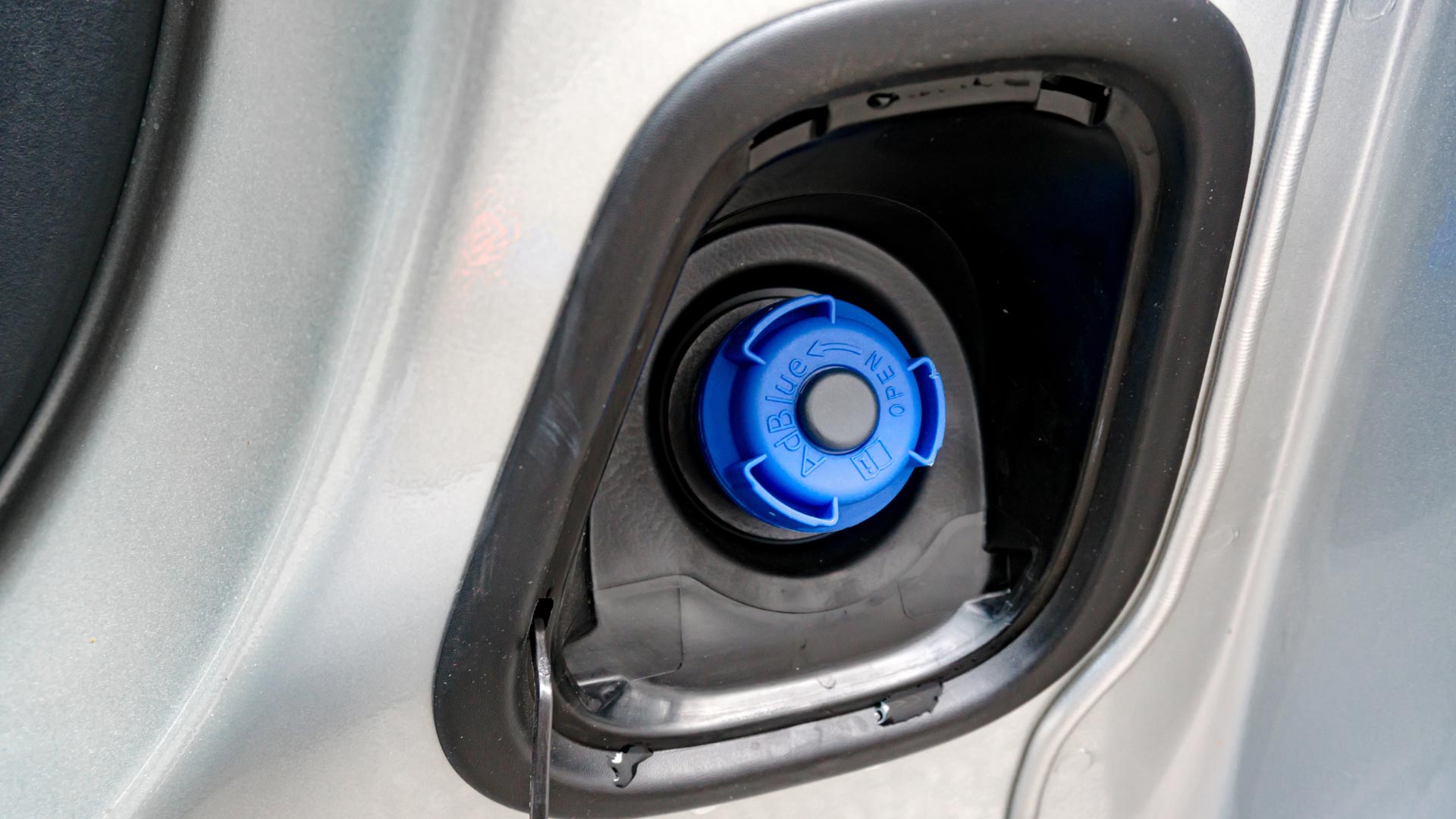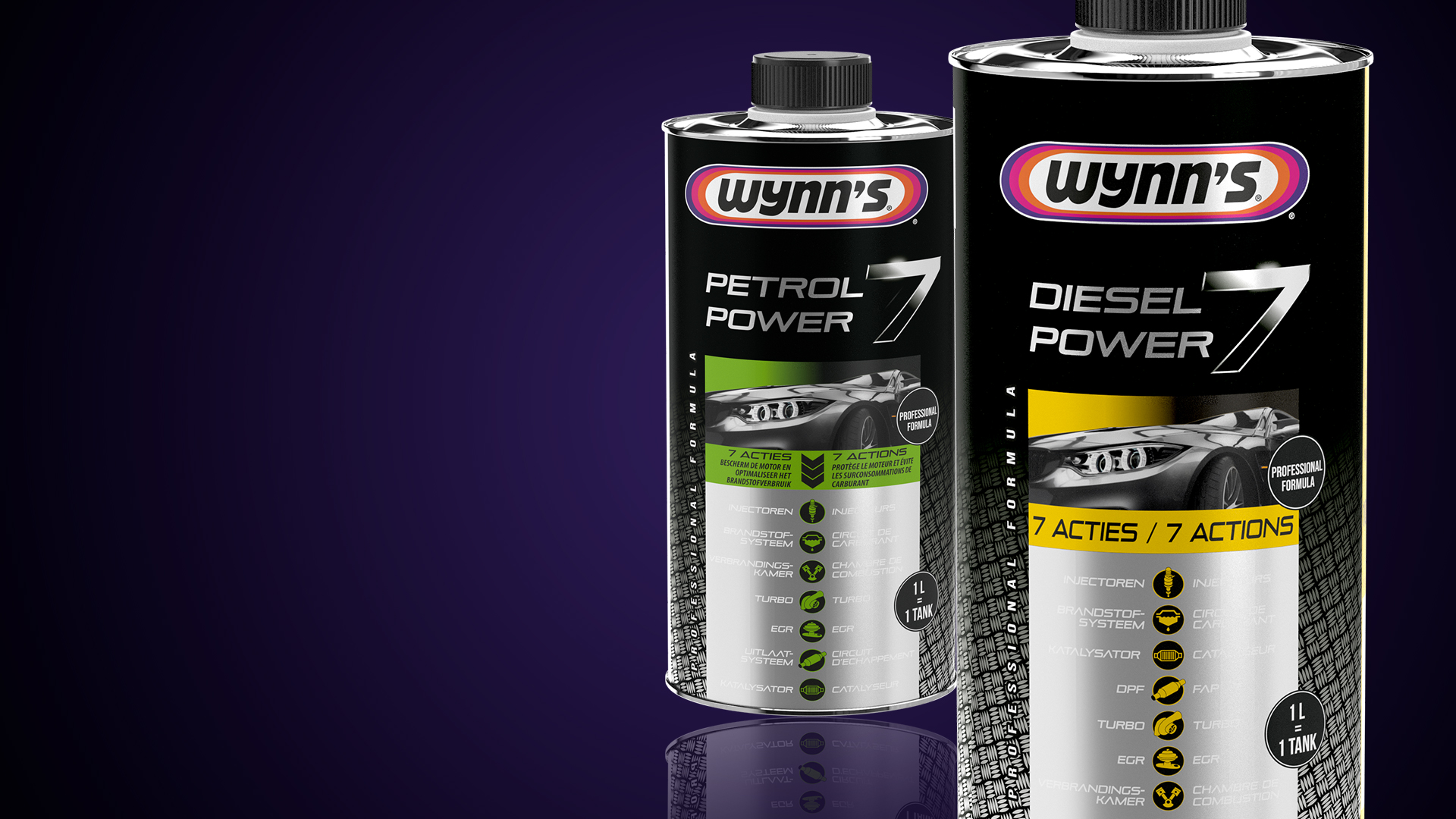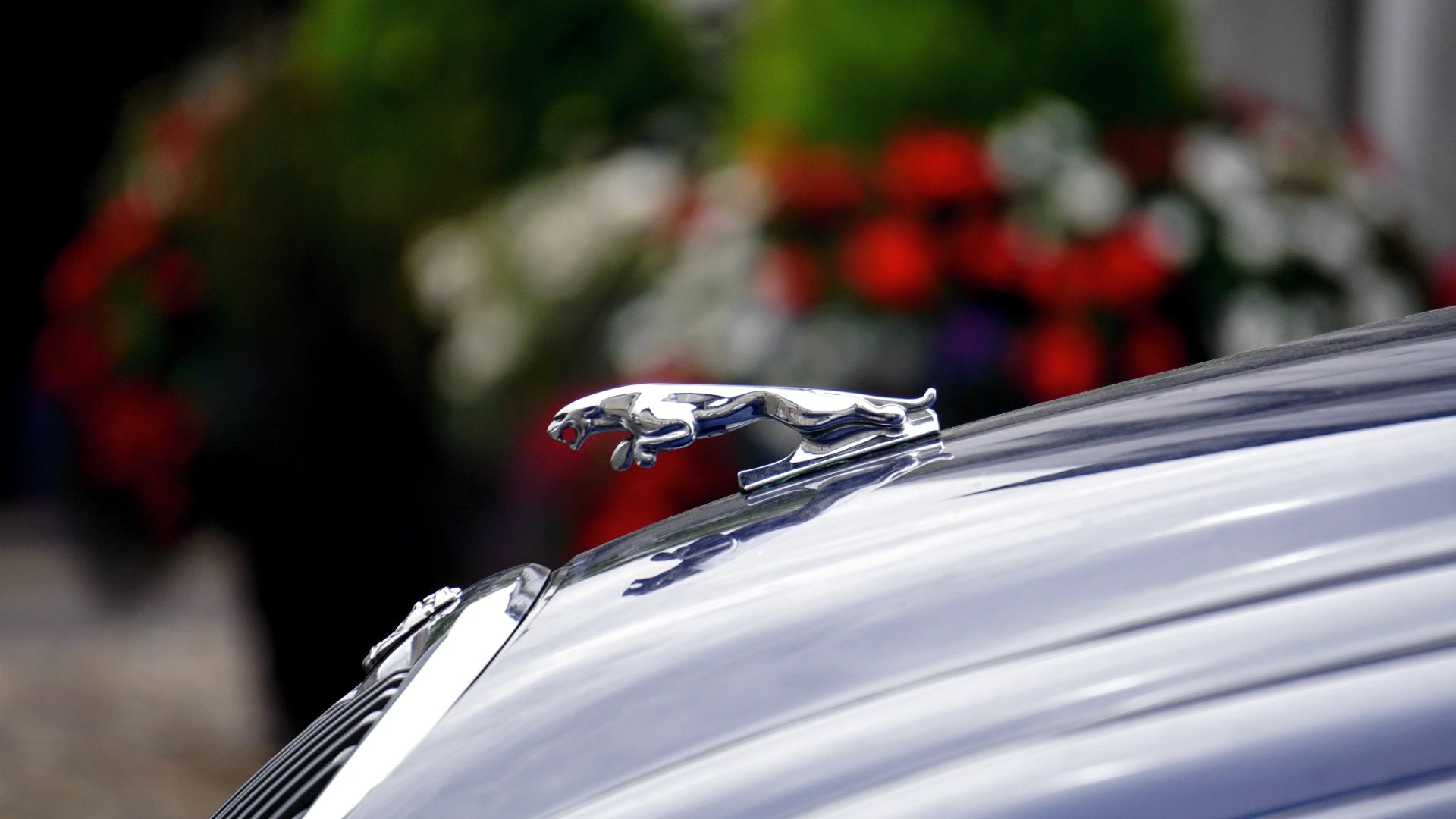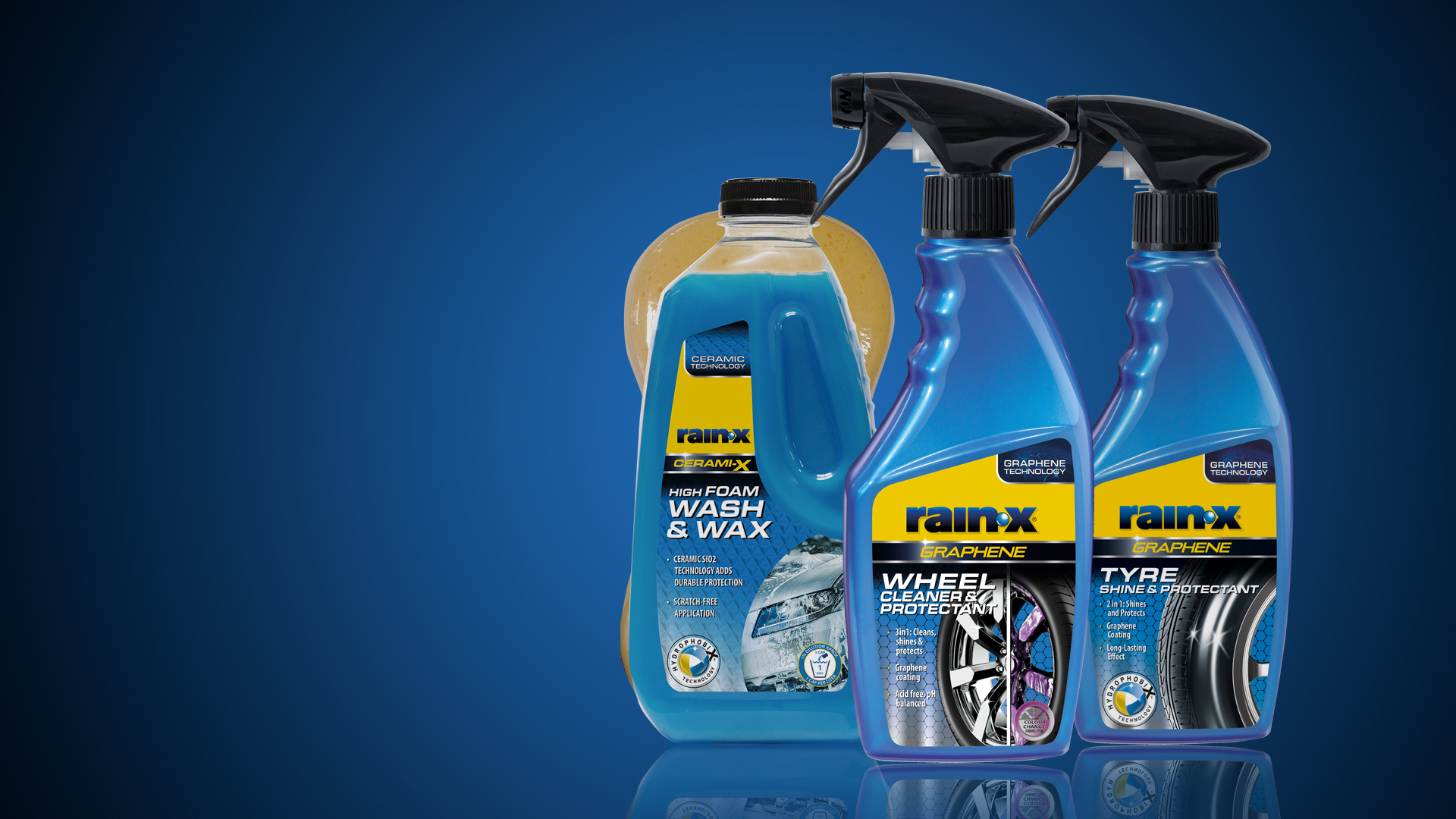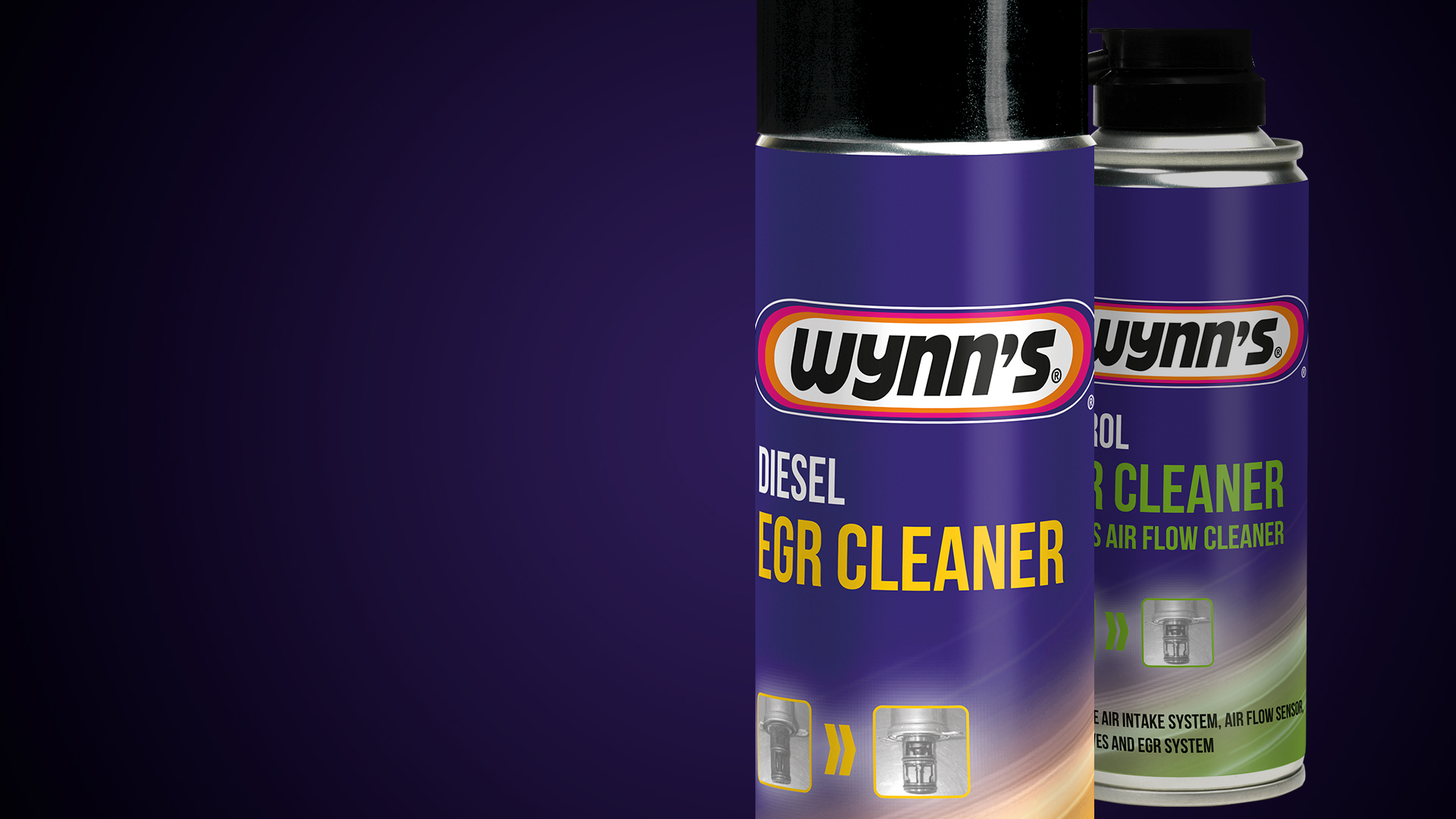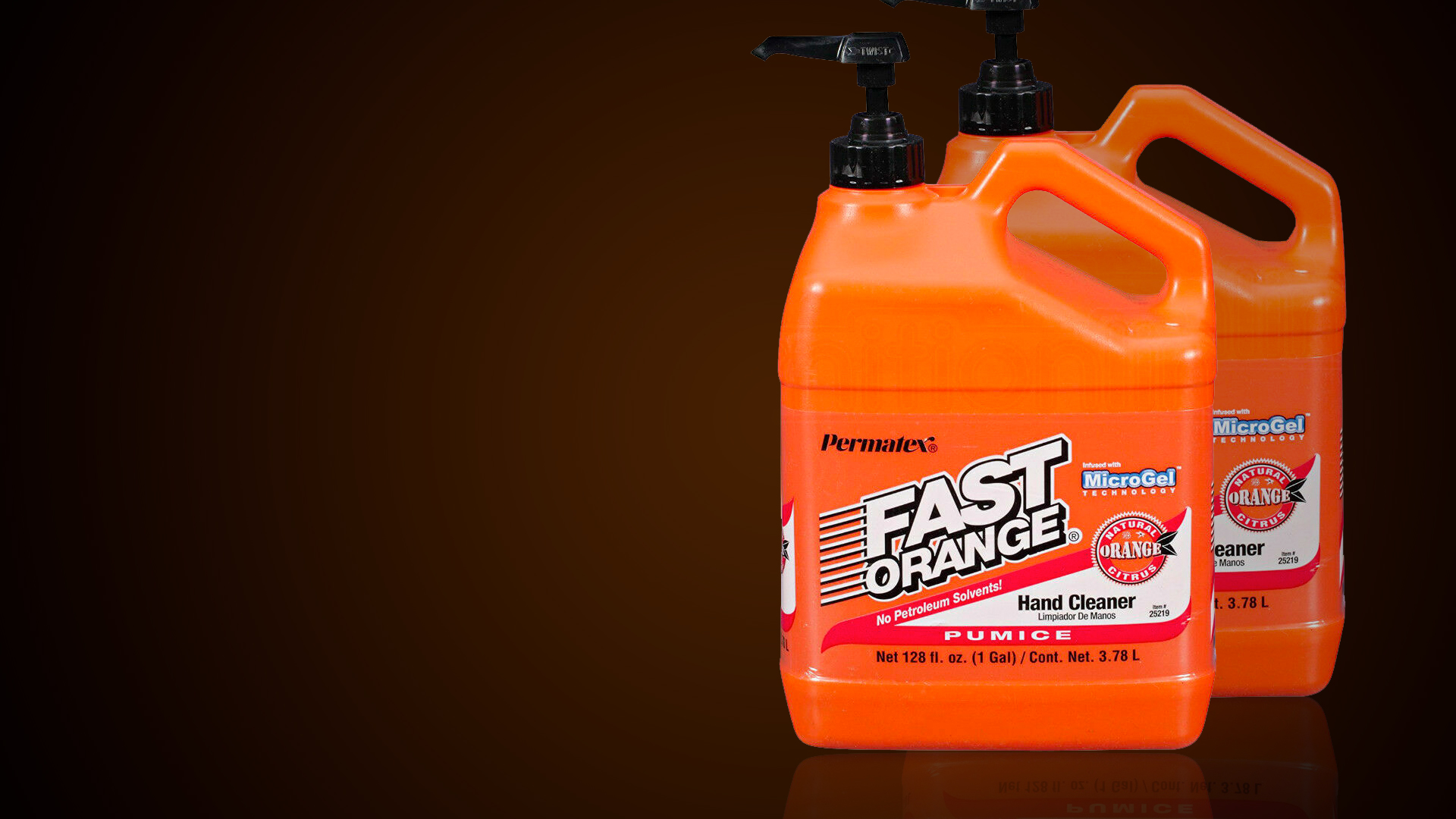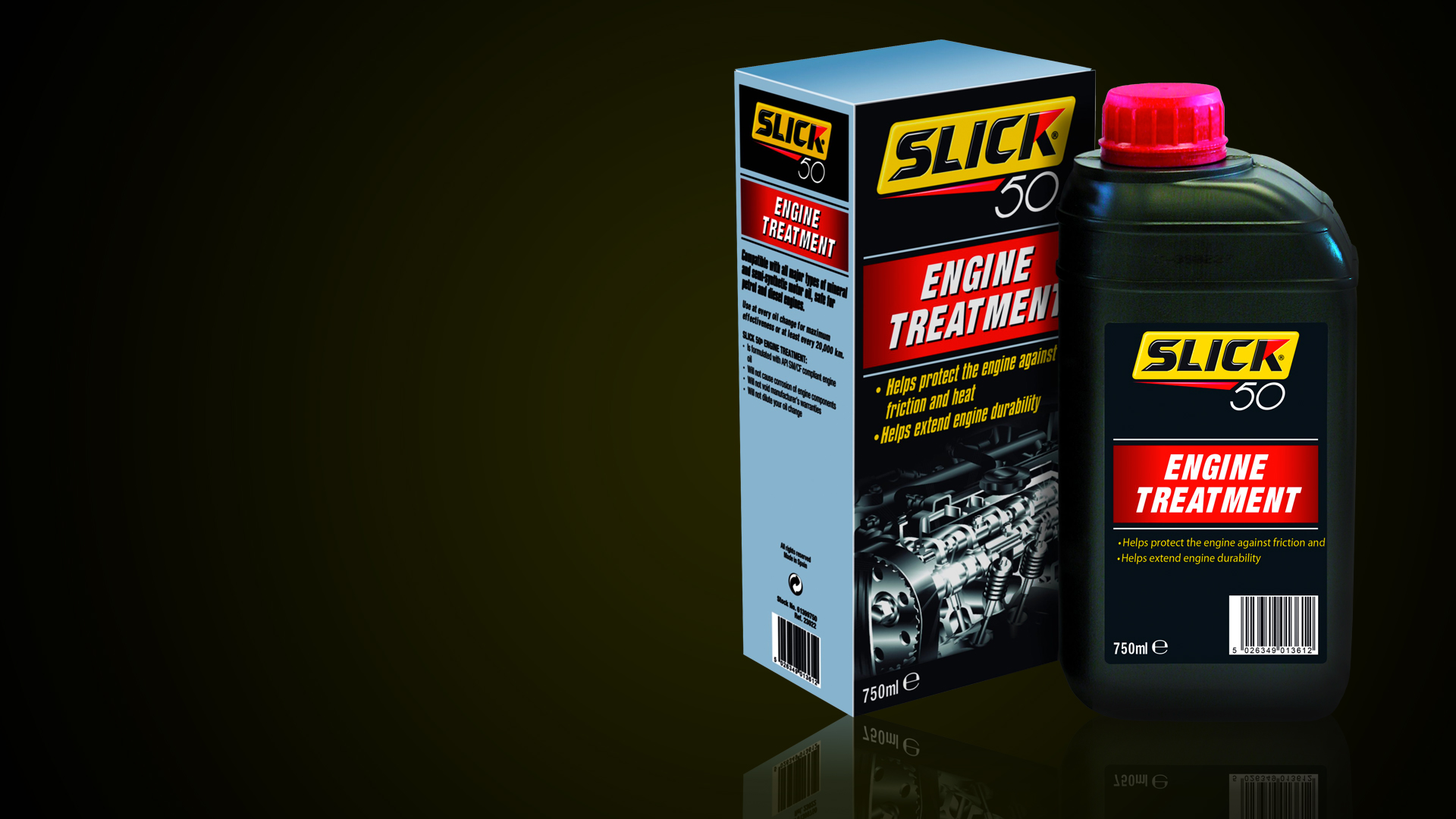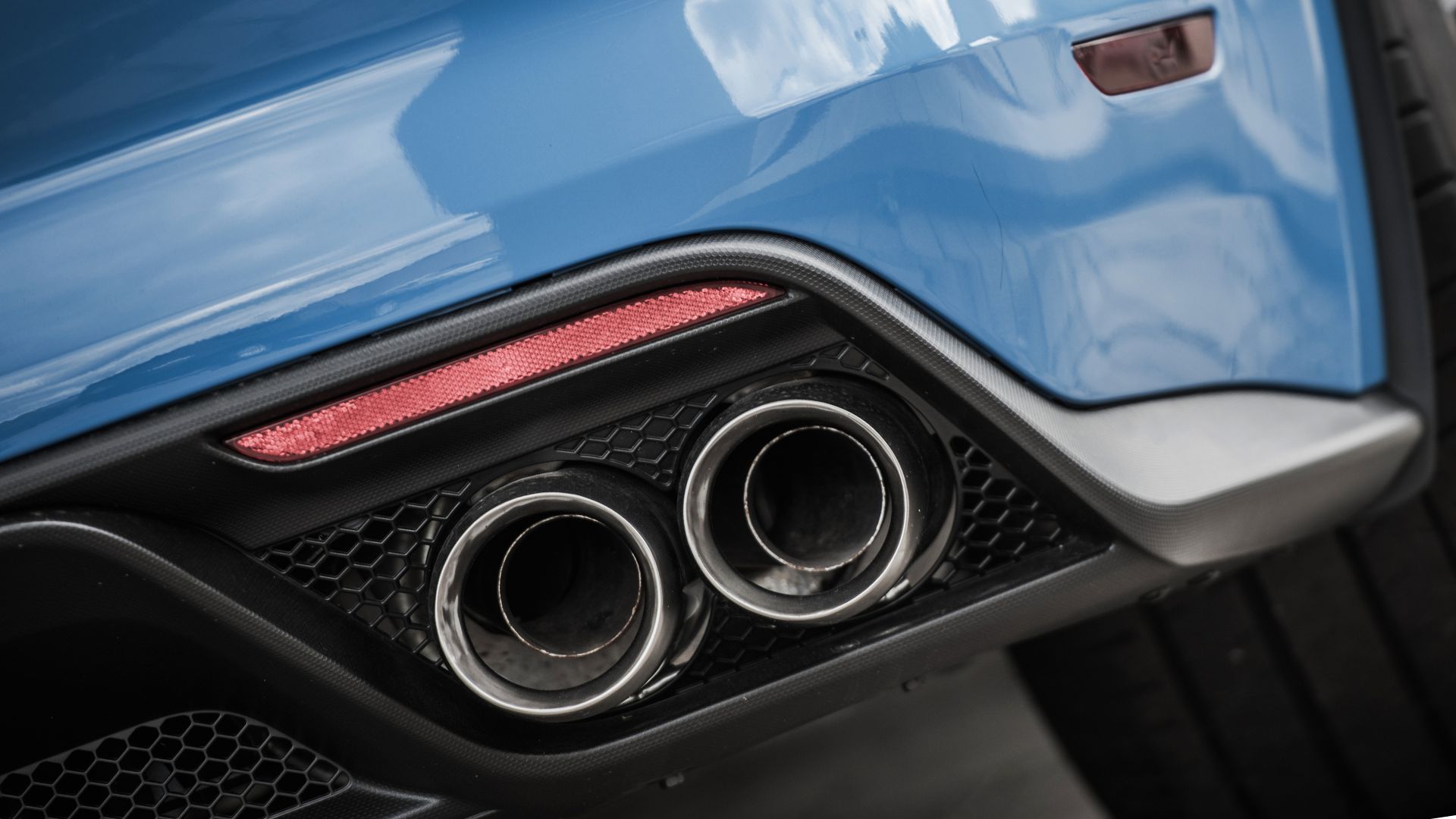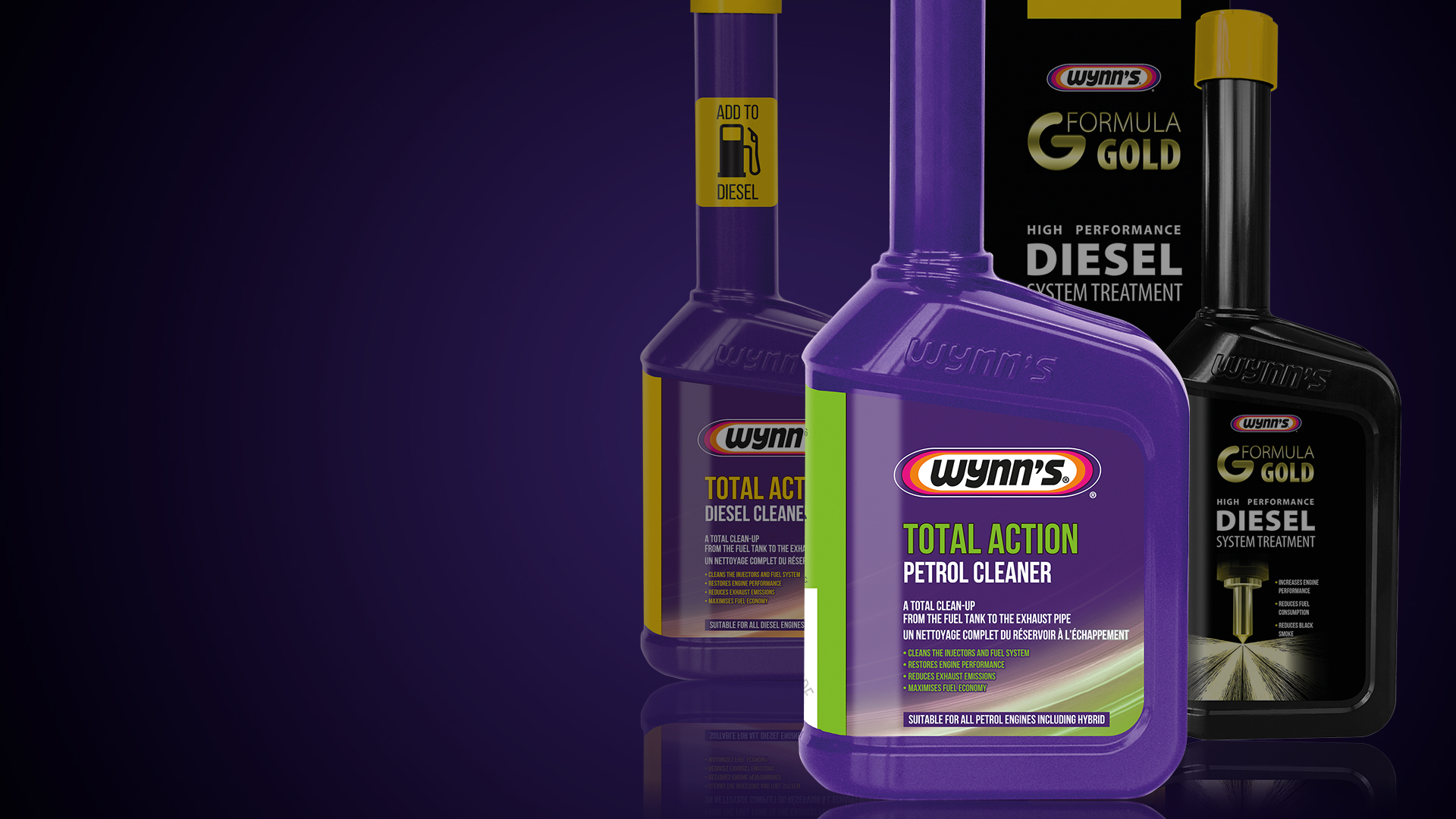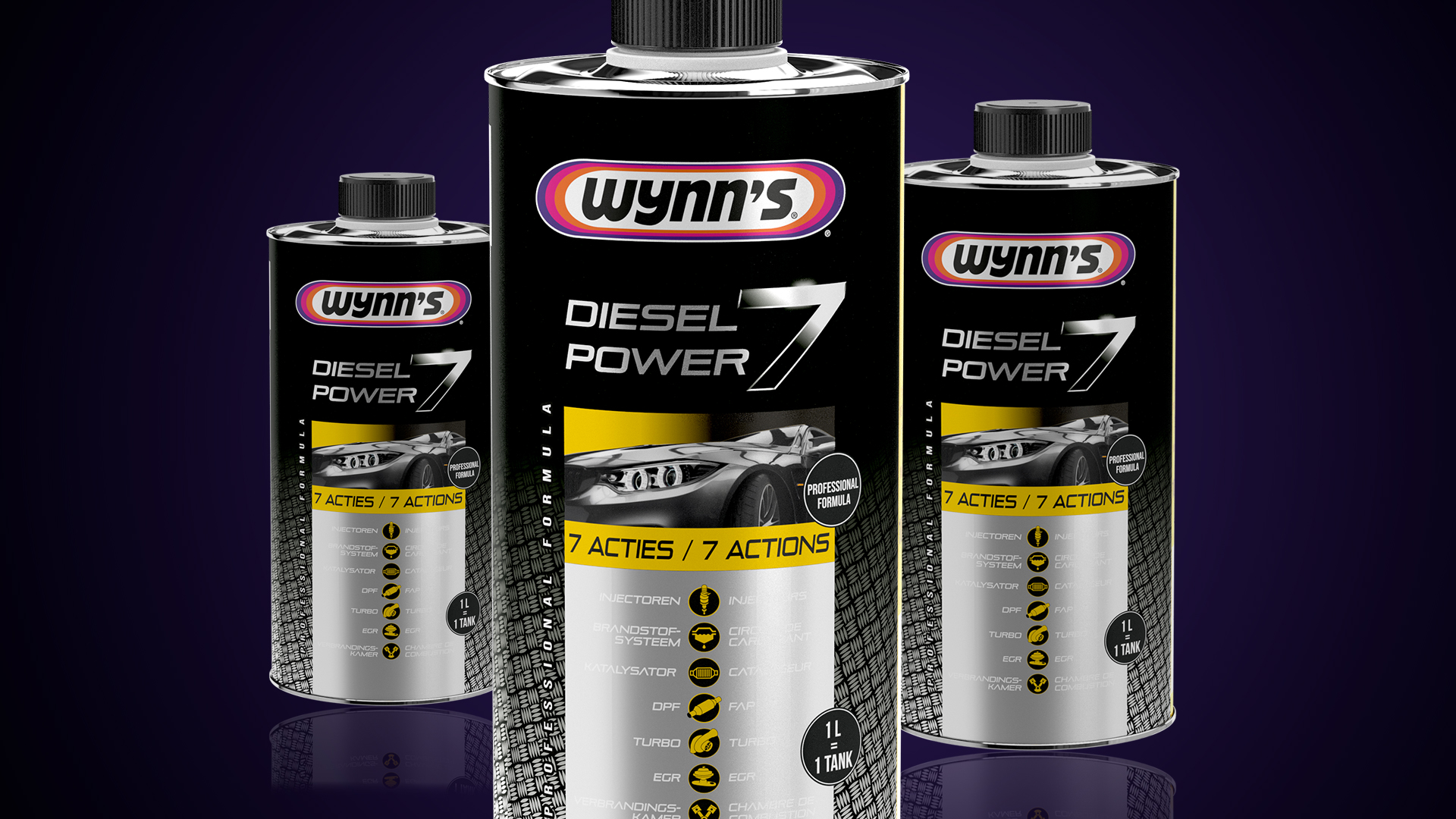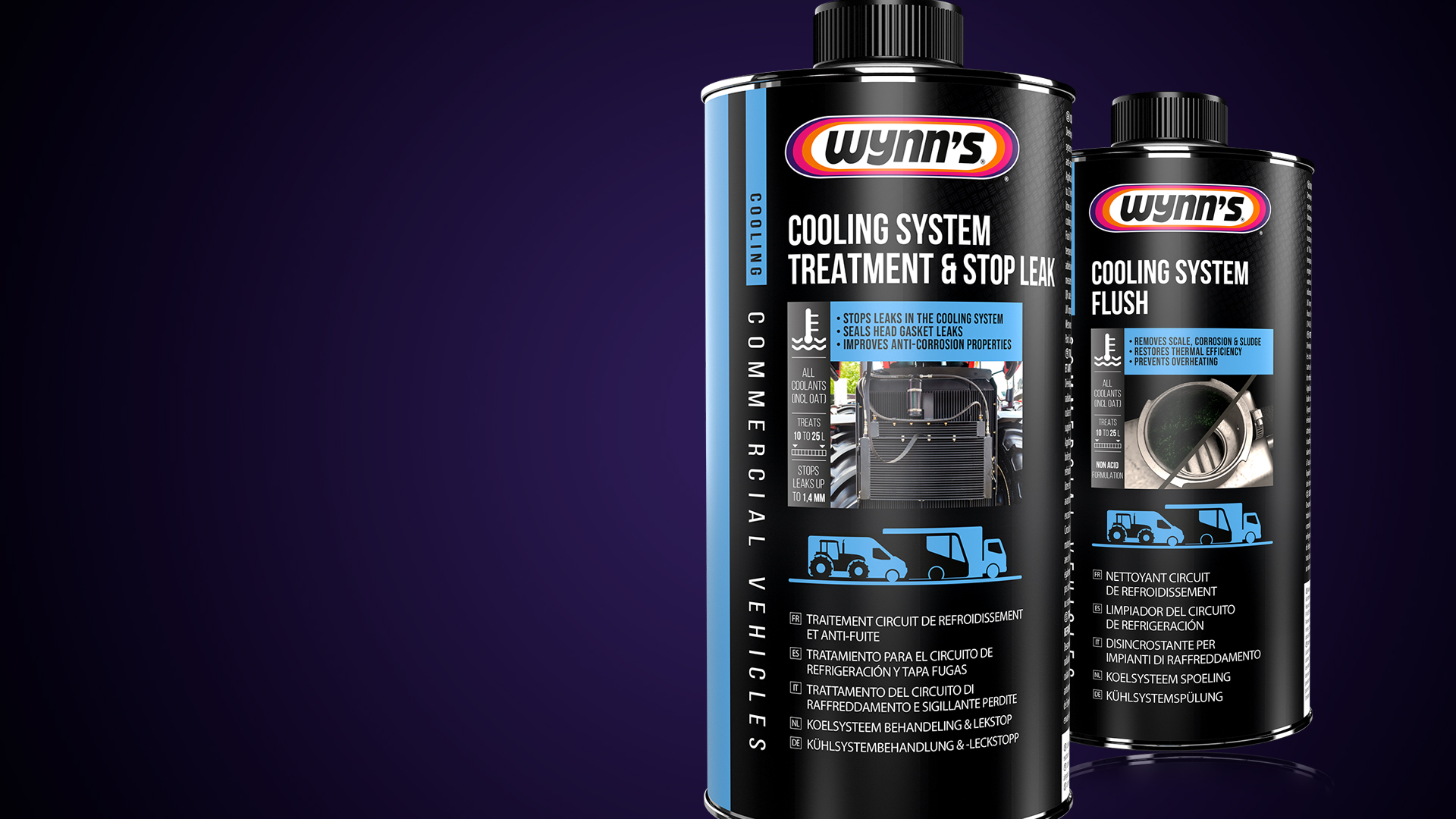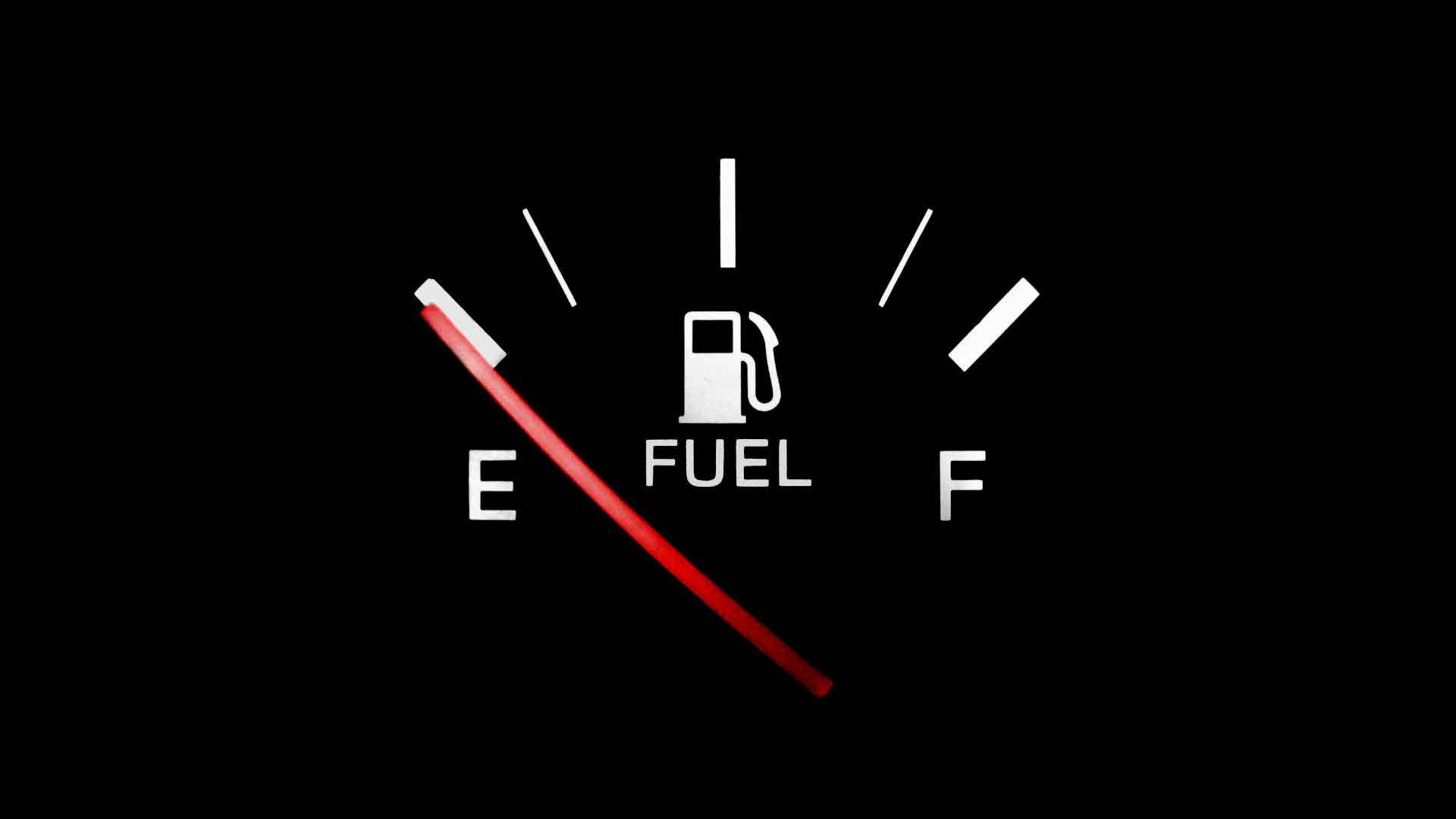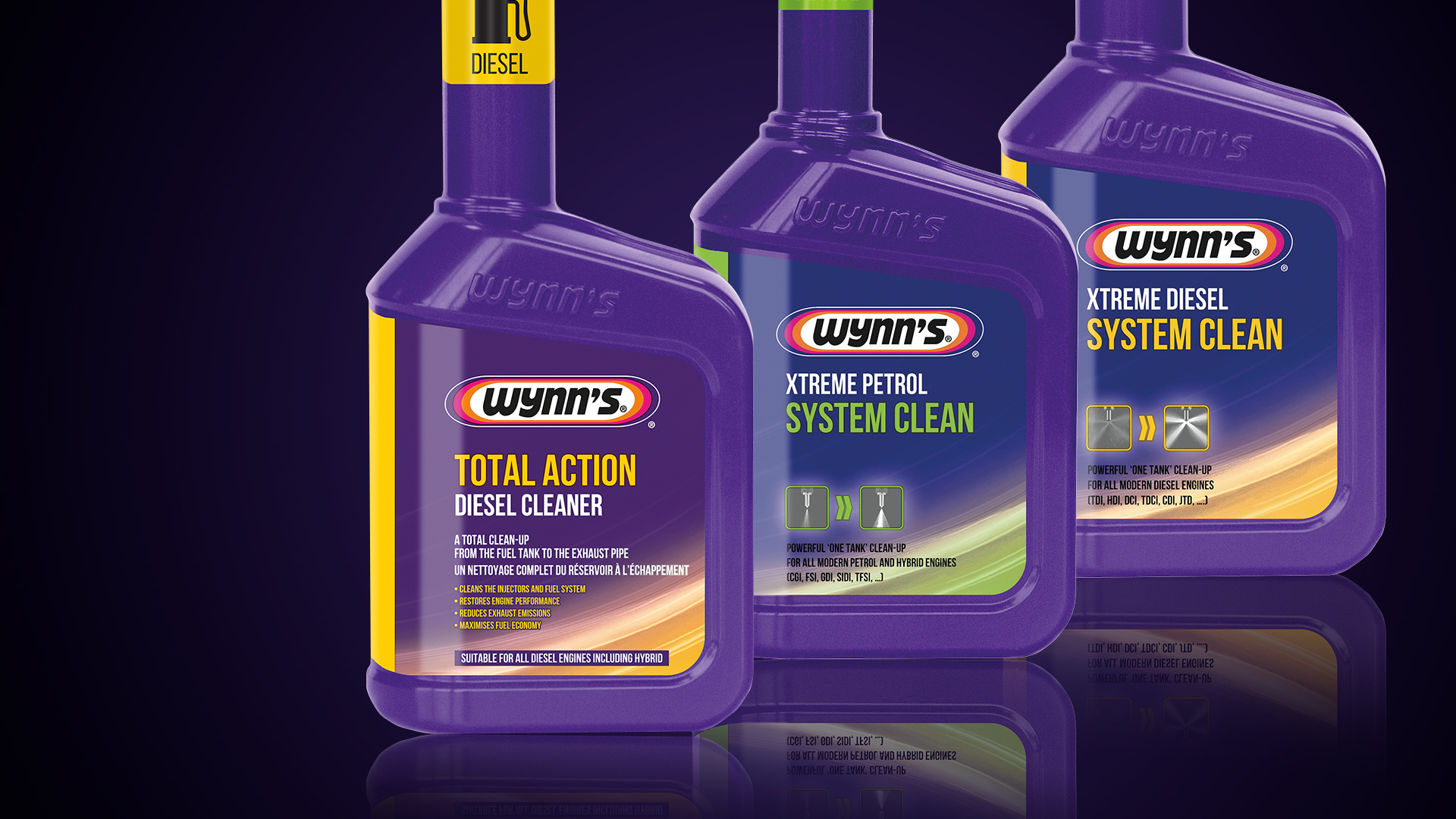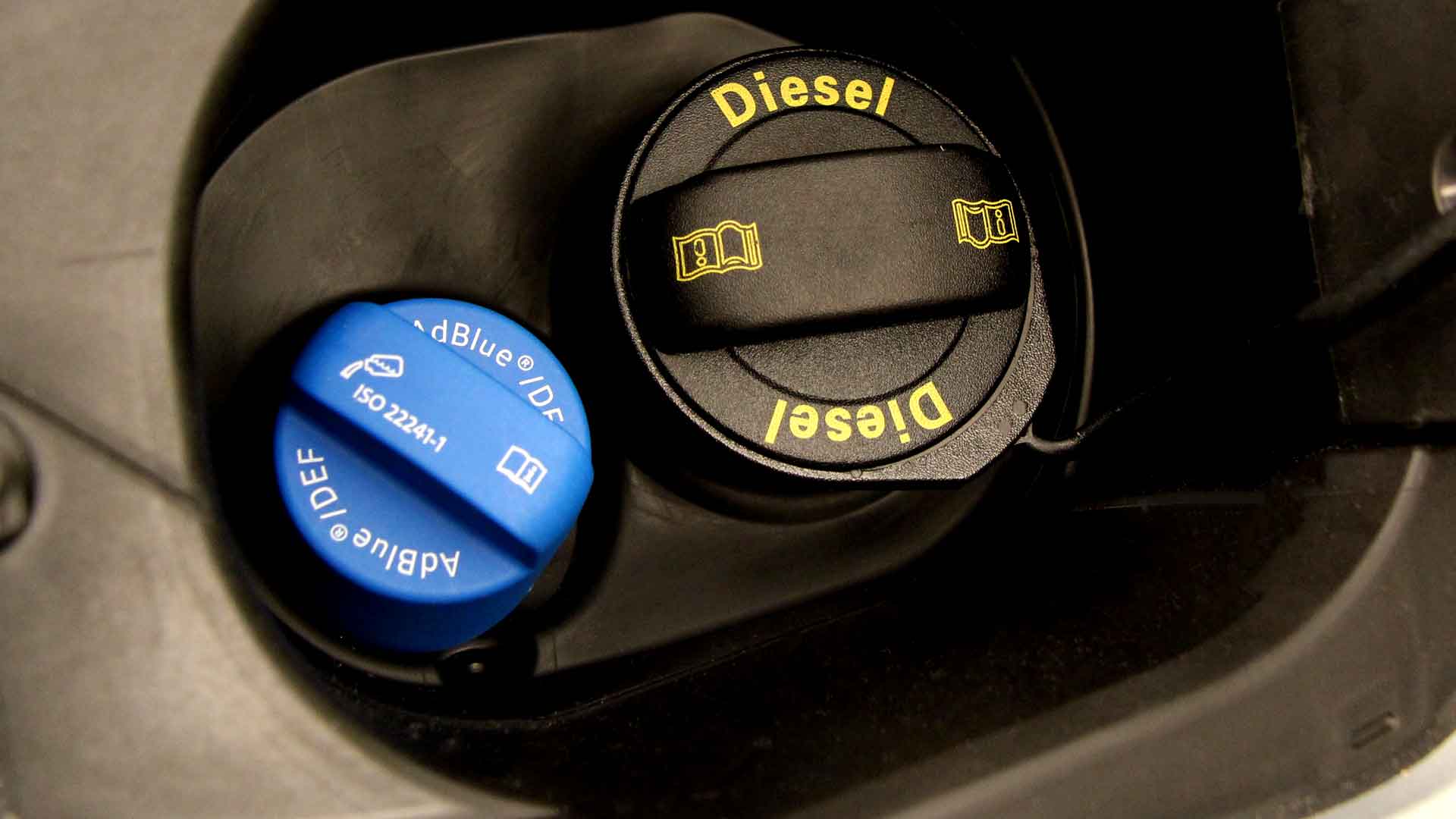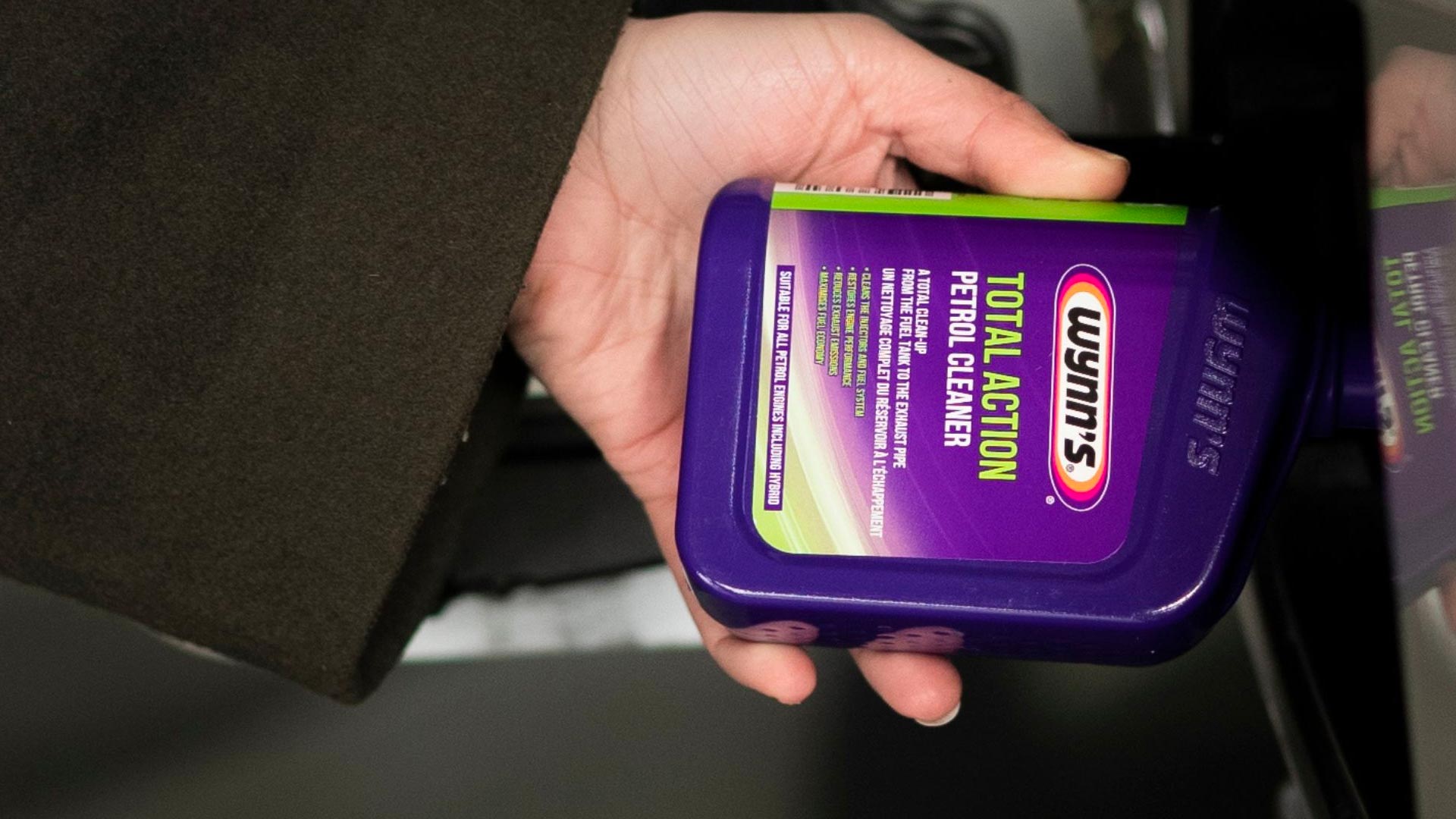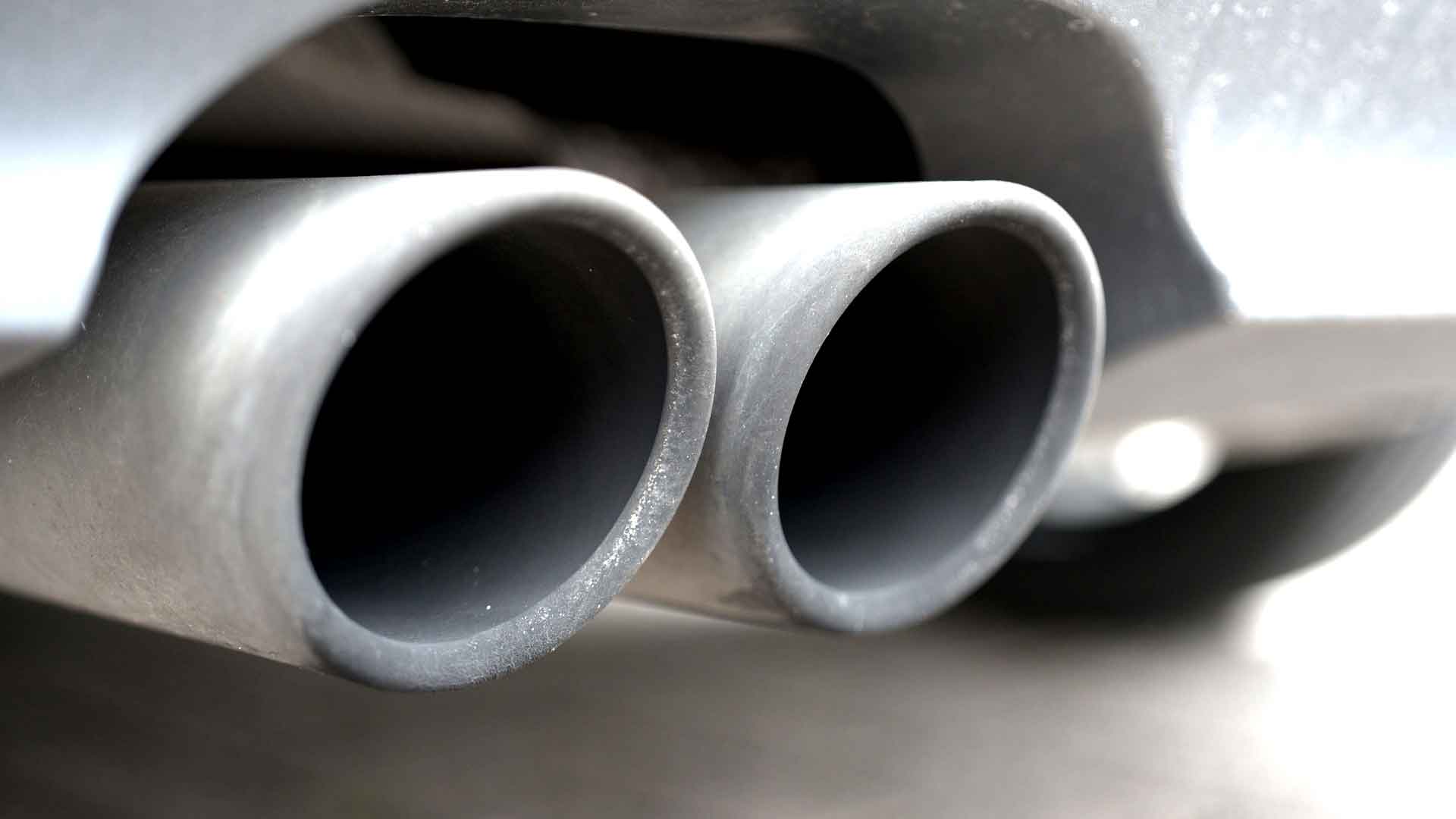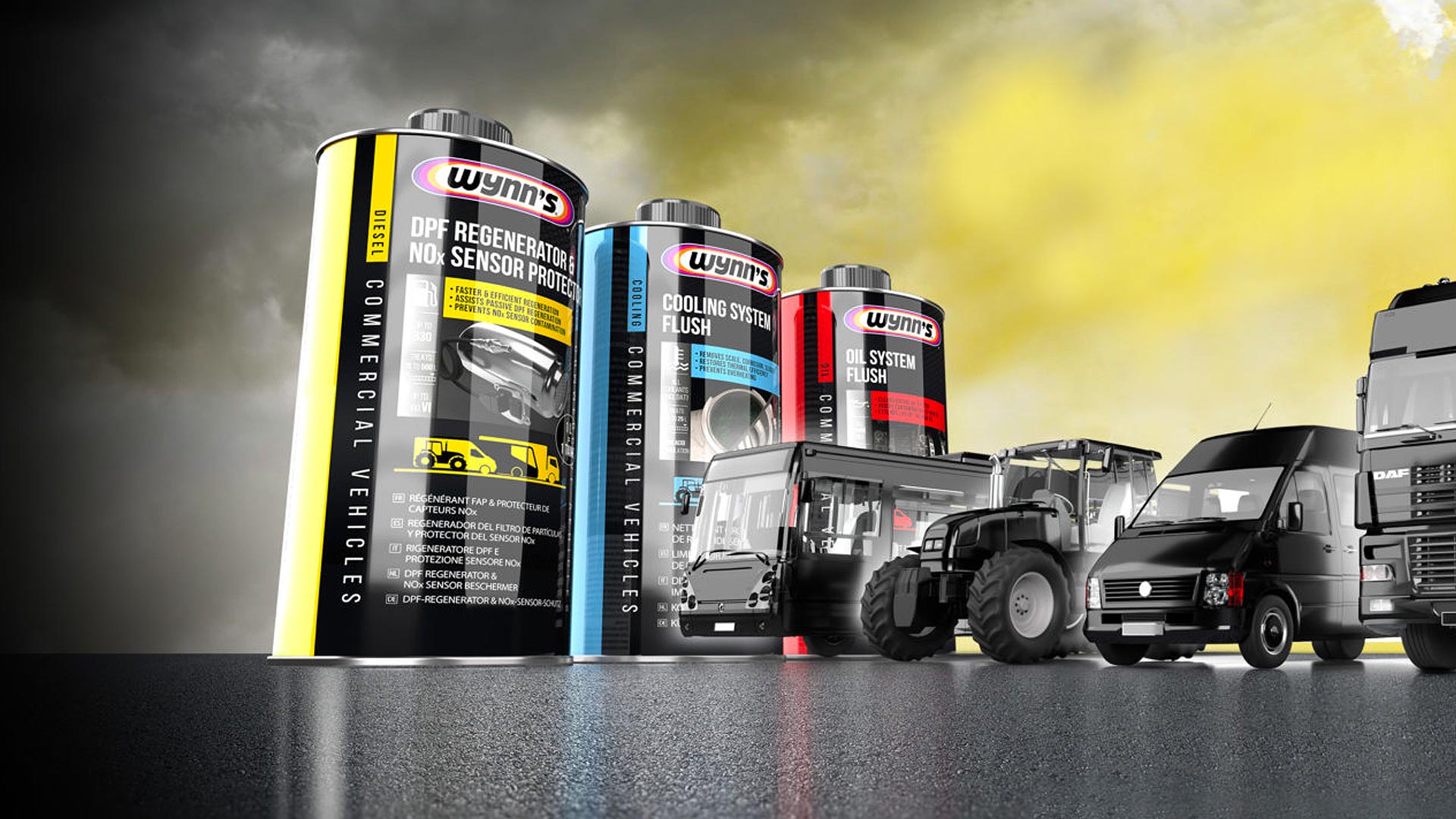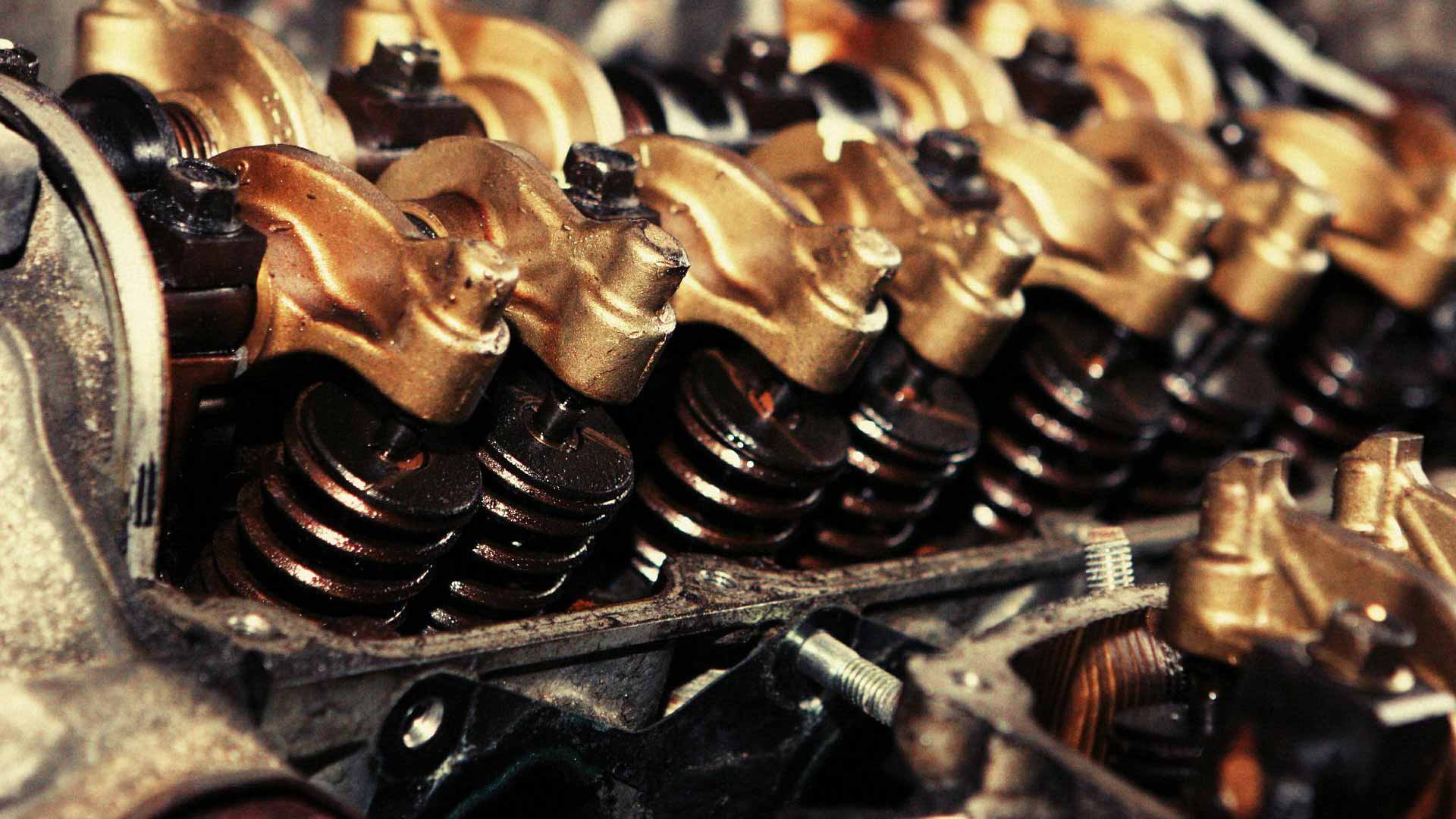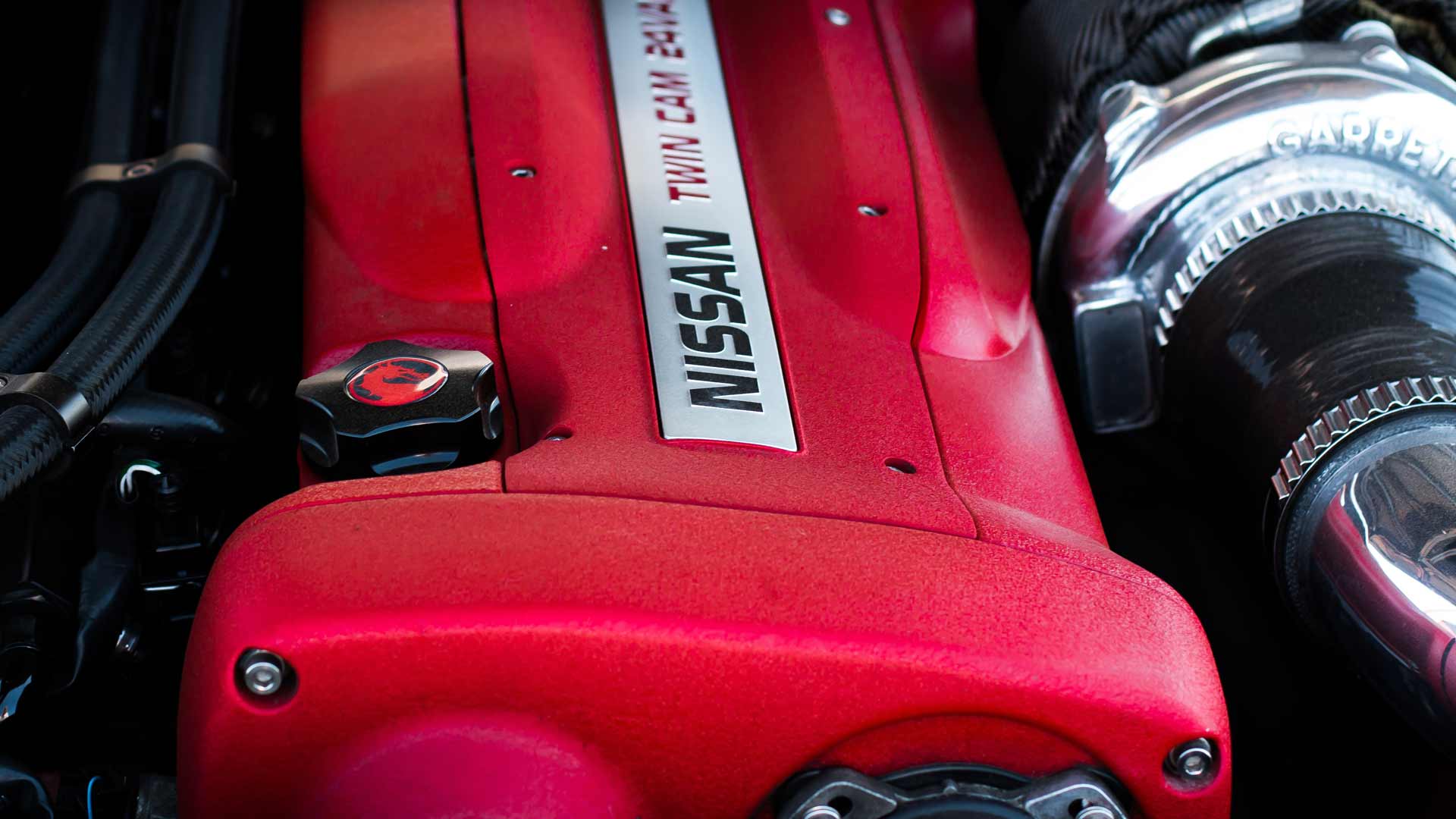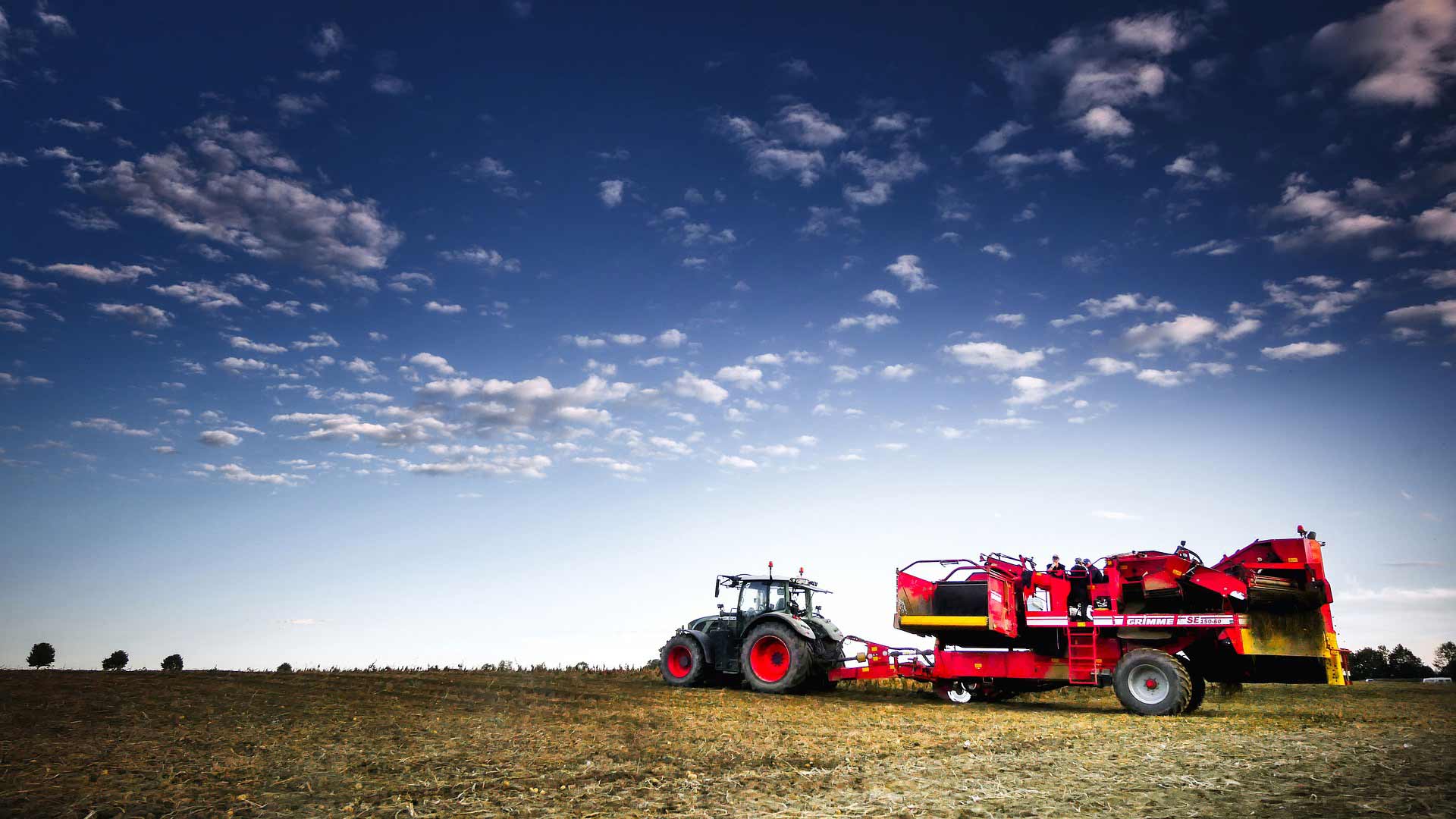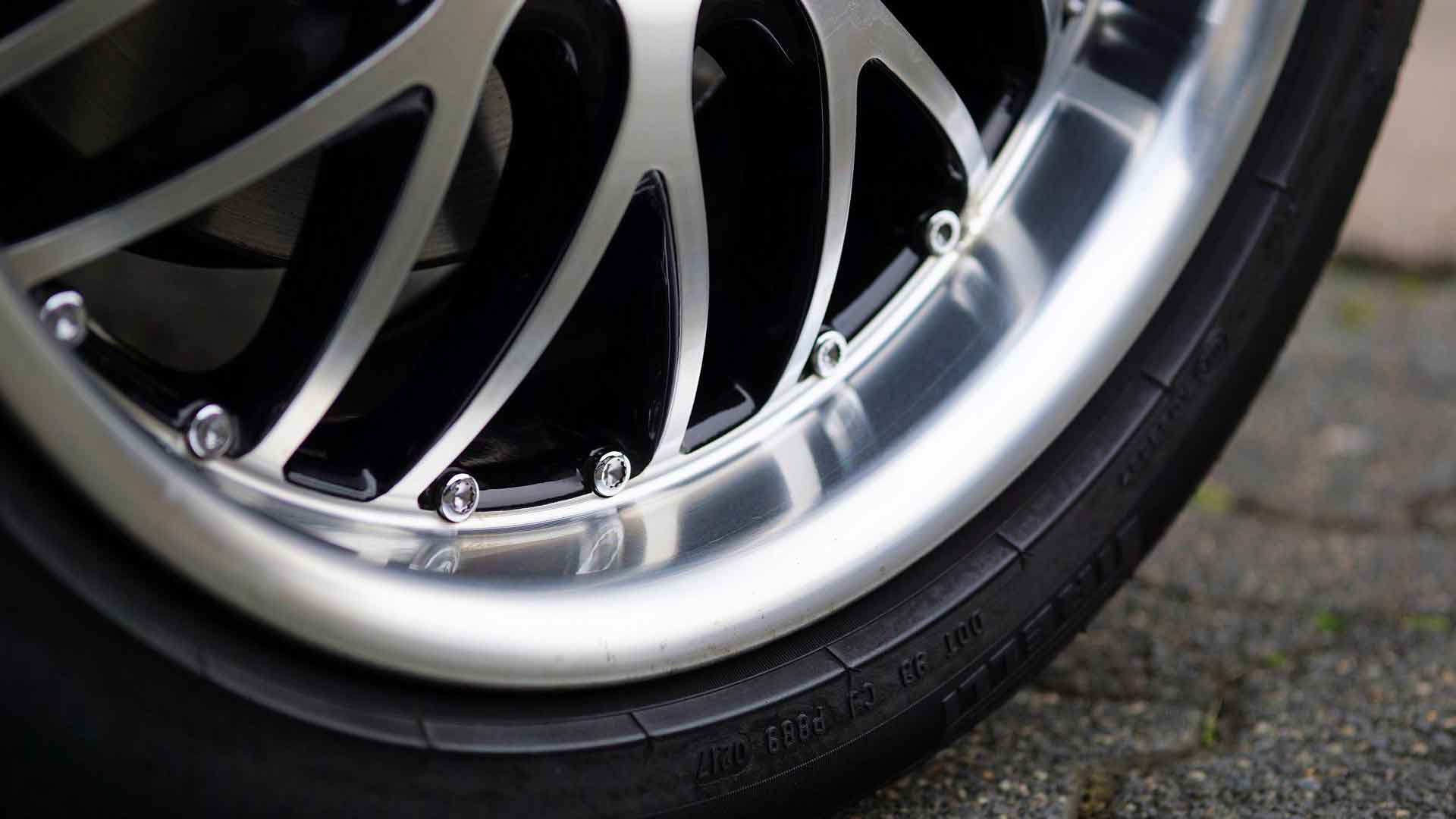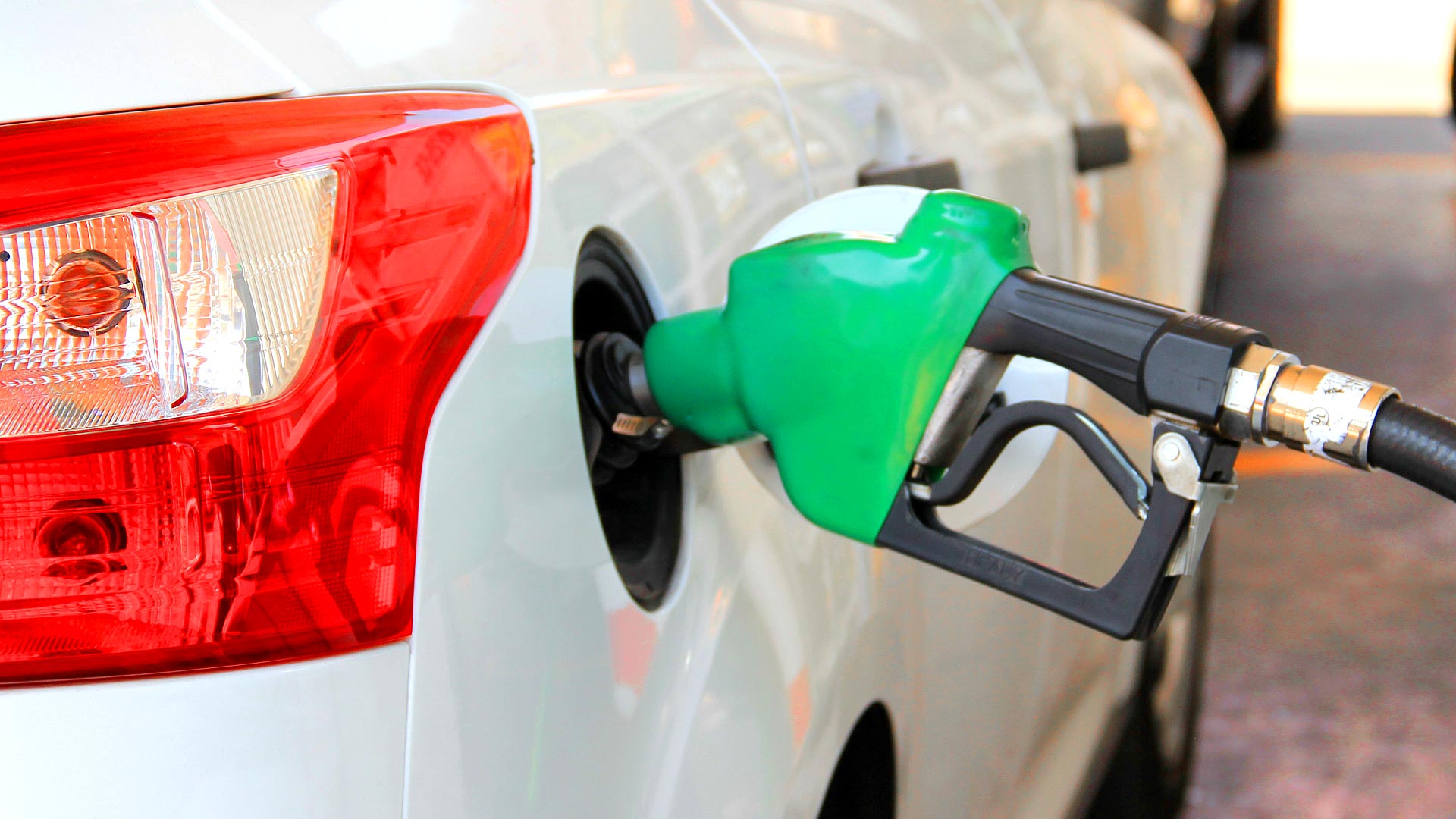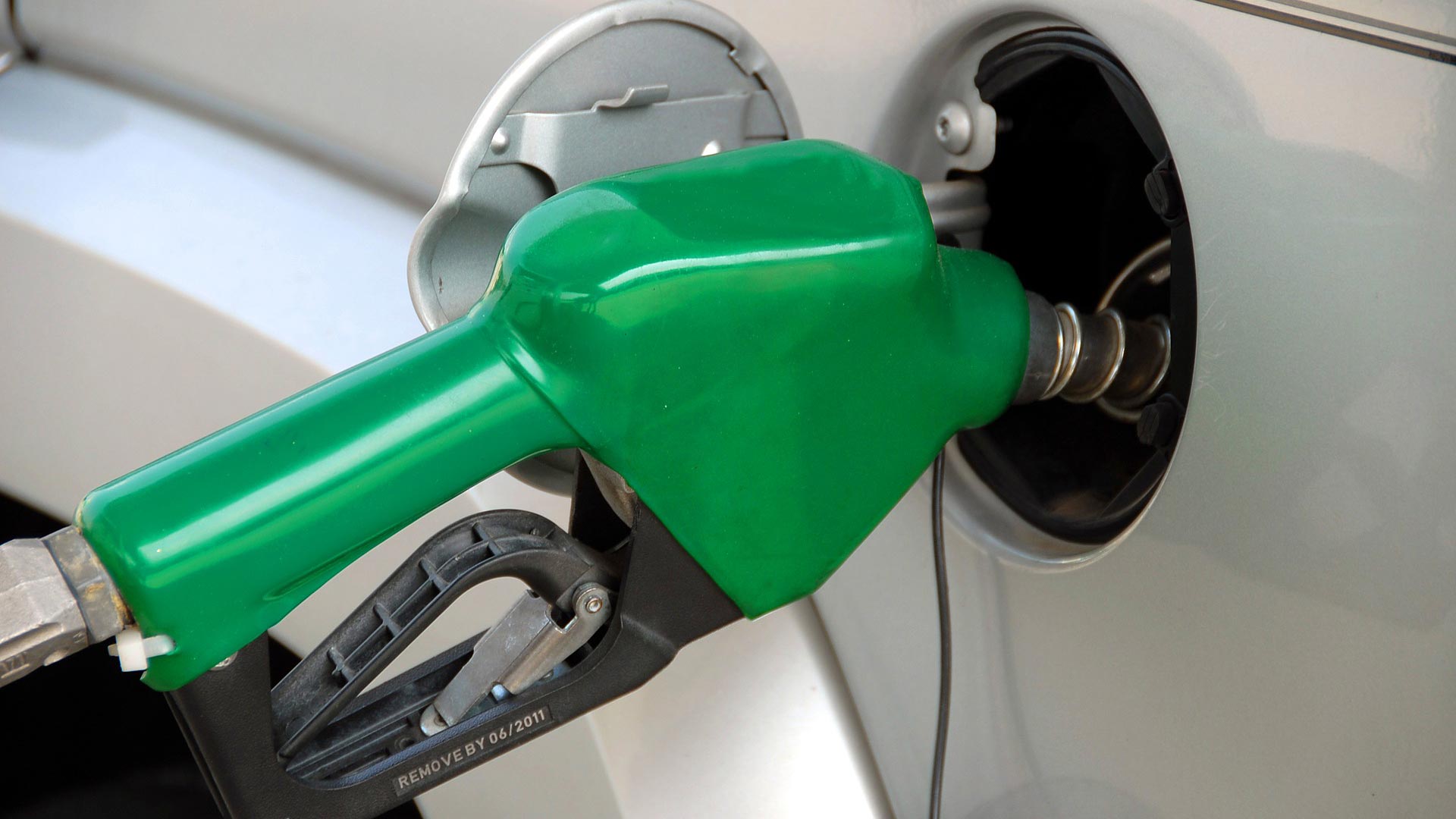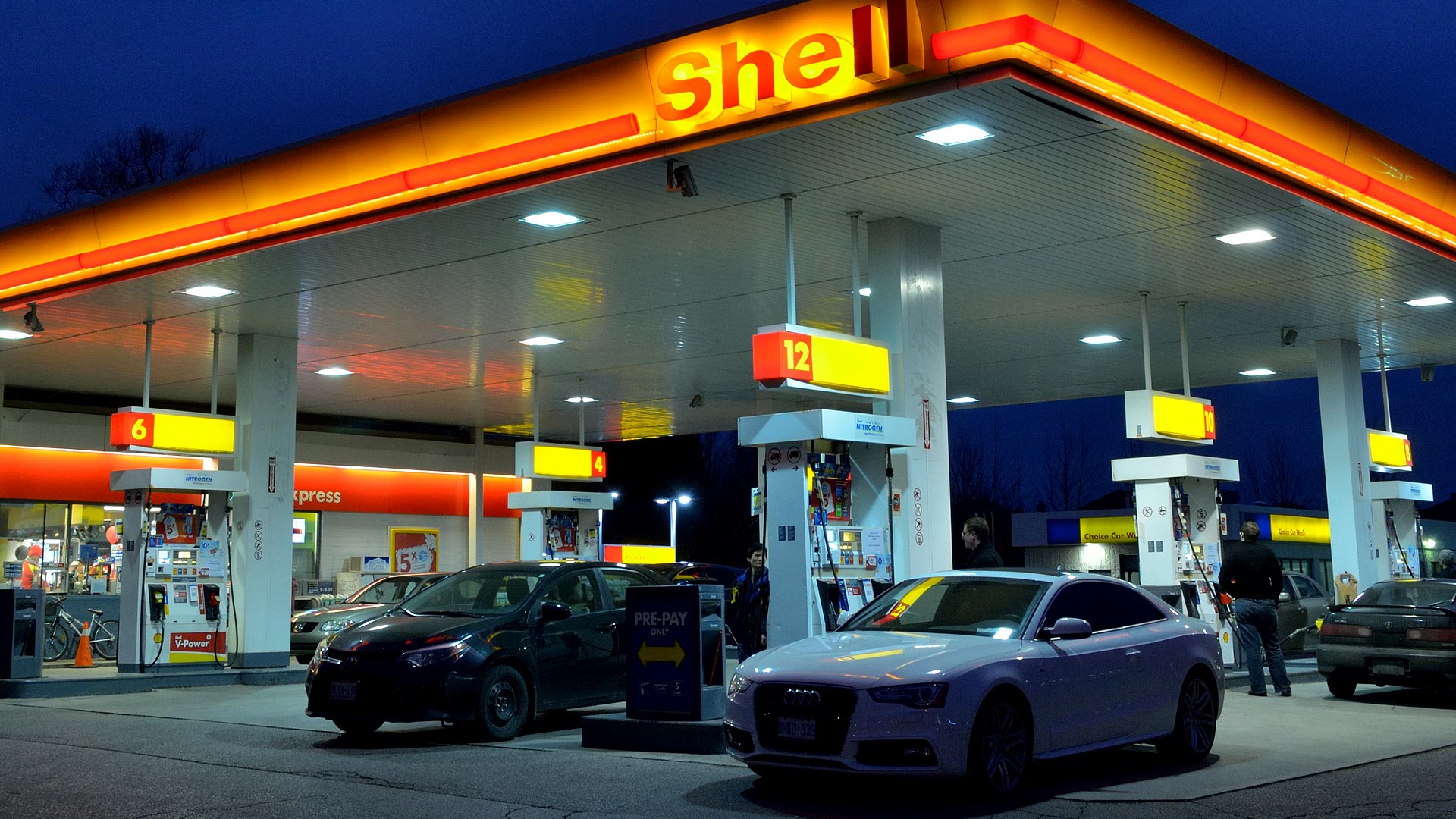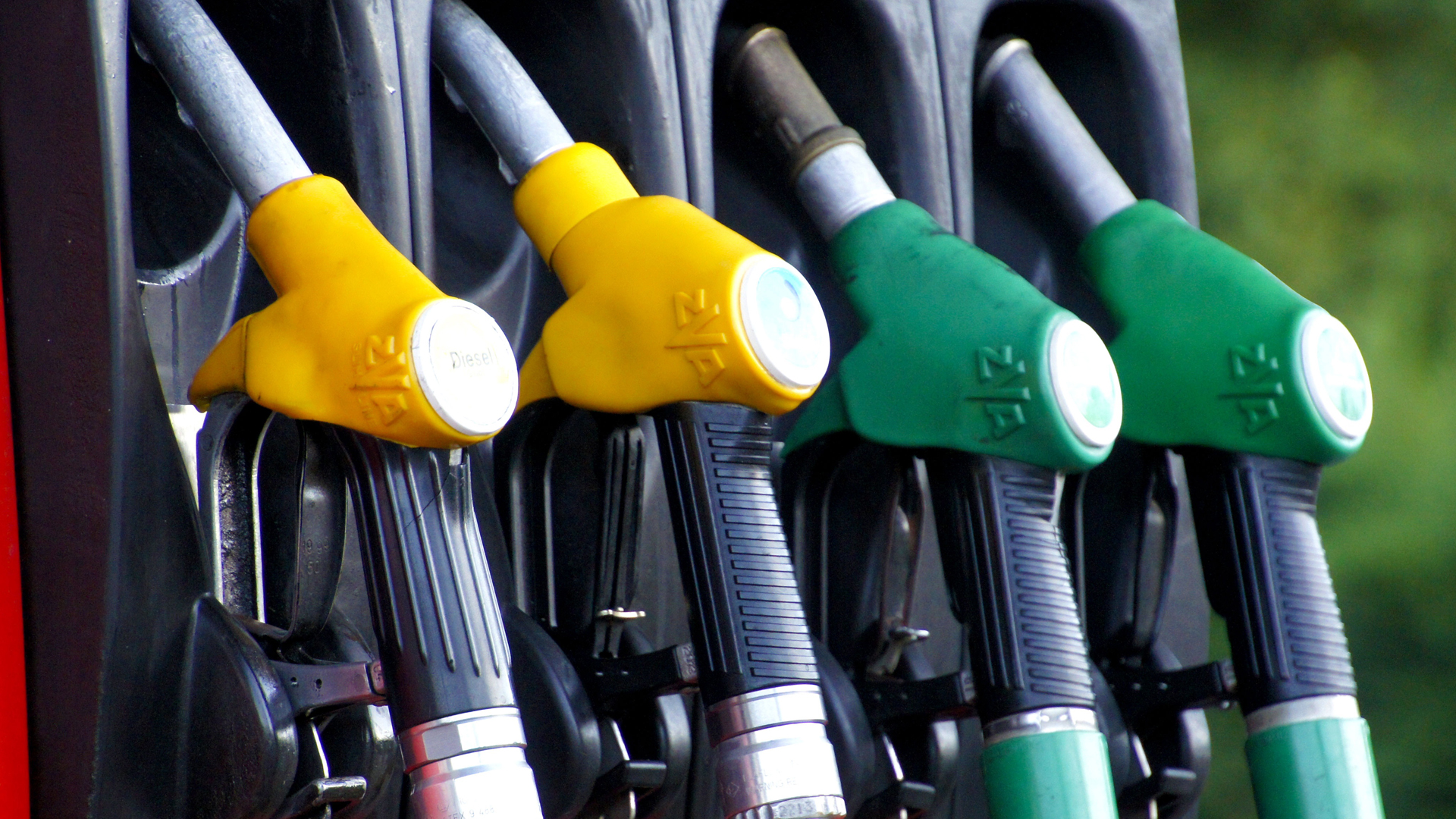With petrol and diesel prices at record highs we thought its about time we shared some of the ways in which you can save fuel and of course save some money.
This time last year (around April 2021) the UK average unleaded petrol price was 126.3p per litre and diesel came in slightly higher at 129.1p. 12 months on we are seeing an increased unleaded petrol price at around 162.2p per litre and diesel a rise to 175.9p per litre. All of this means it’s costing you around 25% more to this year to stick a full tank of fuel in your vehicle compared to last year.
Figures taken from AA Fuel Price Reports 2022
Just to compound the matter further, the new E10 unleaded fuel launch last September is said to return slighter less miles per gallon. Not good news is it? Ok, so here’s 10 top tips on how you can adjust your driving techniques to help reduce excessive fuel use.
E10 petrol will be the standard fuel across the UK from 1 September 2021 – what you need to know
How to save fuel – 10 top tips
Gentle acceleration – lowering aggressive or heavy acceleration use can dramatically improve fuel saving. Unless you are on a spirited drive around a race track theres really no need to hammer the accelerator pedal.
Put your vehicle on a diet – this one can be tricky but if you can ditch unnecessary weight then you can save on fuel. Whether it’s a bike, roofbox or those golf clubs left in the boot, any extra weight will use up fuel.
Maintenance – how your vehicle operates is going to be important, lack of regular servicing will have a negative impact on fuel saving. At the same time treating your vehicle to fuel additive treatments can help improve engine performance and optimise fuel saving.
Slow down speedy! – another obvious one, always stick to the speed limit at all times. Going faster will result in more fuel usage, even if you save time on a journey the extra cost could be significant. Always follow the correct national speed limits.
Air conditioning – a drain on fuel can be caused by the air condition system. Yes, we like a quickly de-misted window in the morning or an ice cool car in the summer but over using the AC will increase fuel usage. Only use the AC in those extra ordinary temperatures.
Journey planning – this one is fairly obvious, plan journeys or avoid vehicle use on those small journeys to the shops for a loaf of bread. A cold engine as an example used on a short journey will use up more fuel so planning a round trip covering all the bases will help lower fuel usage.
Tyre pressures – running on poorly optimised tyre pressures will have a negative impact on fuel saving. Lower tyre pressures increase resistance which means the engine must work harder to propel a vehicle forward or backward. Always check your pressures regularly and take advice from a garage or look through your vehicle handbook for correct tyre pressures.
Changing gears more frequently – its important to change gear at the right time, sometimes you may need to rev a little higher but normally the optimum rev range is between 2000rpm and 2500rpm. Changing gear at a lower RPM can labour the engine so its important to change inside the correct range.
Windows – keeping vehicle windows open increases drag and resistance.
Car sharing – this one is similar to journey planning but consider sharing a vehicle more frequently.
